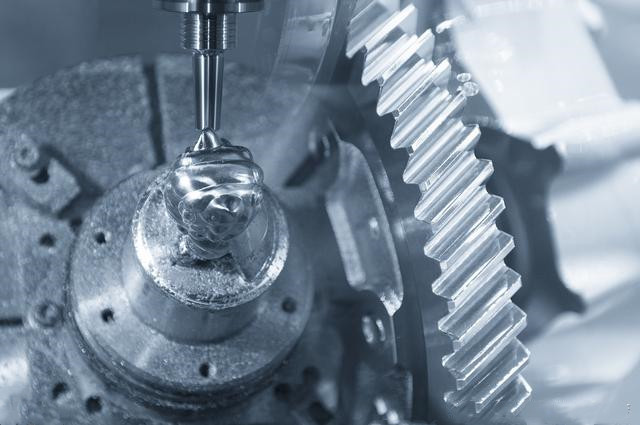Analysis of blockage factors of grinding wheel
1.Processing parameters
1). Grinding wheel linear speed
The influence of grinding wheel linear velocity is more complex, because of the increase in wheel linear velocity grinding grain of the maximum cutting depth is reduced, chip cross-sectional area is reduced, cutting and grinding heat increases at the same time, the two factors can make jam quantity increases, but when the grinding wheel linear velocity up to a certain extent, such as more than 50 m/s) grinding wheel blocking quantity drops greatly.
2). Radial cut
Radial cutting quantity’s influence on grinding wheel blockage showed a trend of hump, when the radial cutting quantity is small, (ap < 0.01 mm) produce jam phenomenon, with the increase of cutting quantity, average jam quantity will increase, when the cutting quantity increases to a certain extent (ap = 0.03 mm), blocking amount and showed a trend of decrease, increase as the amount of cut after (ap = 0.04 mm), blocked amount is rising sharply.
3). Axial feed velocity
Generally, under the same total grinding quantity, the slower the axial feed speed is, the more times the abrasive will grind the workpiece, thus the higher the surface temperature will be, and the more clog will be increased.
4). Grinding wheel dressing speed
When the dressing speed of the grinding wheel is low, the working face of the grinding wheel will be flat and the number of effective grinding edges per unit area will increase. As a result, the cross section area of the grinding wheel will become smaller and the number of cutting chips will increase, which will easily lead to blockage. When the dressing speed of the grinding wheel is high, the working face of the grinding wheel will thicken, the effective grinding particle number will decrease, and a concave part will appear on the surface of the grinding wheel, which will play a role of pore, chip will be easily washed away, and molten objects will fall off easily.
5). The workpiece speed
The higher the workpiece speed is, the shallower the cutting depth of grinding grains will be, and the smaller the chip section area will be, which is equivalent to the hardening characteristic of the grinding wheel, so it is easy to cause blockage of the grinding wheel.
2. Grinding fluid
General water-based grinding fluid, containing a large amount of mineral oil and oil additives, is diluted into oil-in-water milky liquid. Its specific heat capacity and thermal conductivity are small, and it is easy to cause adhesion and dispersive wear between the grinding wheel and the workpiece in the process of intense friction, causing blockage of the grinding wheel. Therefore, it is generally difficult to process the material should choose better lubricity grinding fluid or grinding oil cooling will better reduce the blockage phenomenon.
3. Grinding way
In general, cut-in grinding is more clogging than longitudinal grinding. Due to the large contact area between the grinding wheel and the workpiece during grinding, the cutting edge of the grinding grain has to be rubbed several times on the same grinding mark, and it is difficult for the coolant to enter the grinding area, so the grinding heat is high and it is easy to cause clogging. When grinding longitudinally, the first contact of the workpiece material is one edge of the grinding wheel. The contact area is small, and the coolant is easy to enter the grinding zone. Abrasive wear occurs only at one edge of the first contact. When the wear surface increases to a certain extent, the abrasive grains break and break under the action of grinding force, realizing self-sharpening.

